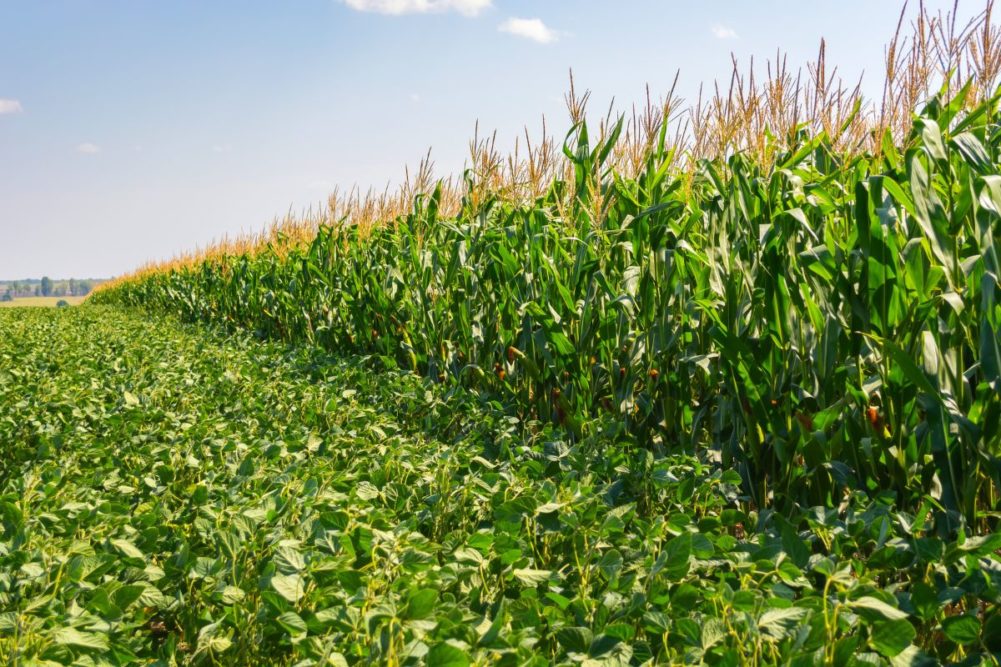WASHINGTON, DC, US — Climate change would dramatically slow yield growth for corn and trim yields for soybeans in coming years, affecting planting decisions and exports, according to a recent study conducted by the Economic Research Service (ERS) of the US Department of Agriculture (USDA).
The study modeled how climate-linked changes in temperatures and precipitation might affect future US corn and soybean yields and what that would mean for markets and trade through the middle of the next decade.
Partly because of yields that are among the highest in the world, the United States is one of the largest producers and exporters of corn and soybeans, the study noted.
“Since 1970, US corn and soybean yields have doubled, but damaging effects of extreme weather events such as droughts and floods have slowed yield gains and interrupted decades of rapidly rising agricultural productivity,” the USDA said. “Such extreme weather events are expected to become more common, according to the United Nations’ Intergovernmental Panel on Climate Change (IPCC).”
The study used 2016 as a base year, and the model estimated an increase in US corn yields but a decrease in soybean yields by the year 2036. Based on these changes, the study model showed corn exports projected to increase 0.36% by 2036, compared with 2016, while soybean exports drop 1.17% for a total decrease for the two crops of as much as $256 million by 2036.
The US corn yields were estimated to increase 3.1% (bushels per acre) by 2036, representing historically slow yield growth compared with previous decades, the study noted. In contrast, soybean yields were projected to decrease by 3%.
With these yield changes, the use of land in corn and soybean production was expected to shift. US corn producers are expected to plant fewer acres of corn because of increased yields while soybean producers are projected to increase acreage to offset the impact of the expected yield decrease.
By 2036, exports of corn are projected to increase by the equivalent of $63 million (in 2016 dollars), with additional shipments to China, Mexico, Japan, South Korea, among other countries.
Exports of soybeans, however, were projected to decline by $319 million across all trading partners. A $171 million reduction in soybean exports to China, where US market share of soybean trade has declined in recent years, was the largest projected decrease.
“Estimating market implications from corn and soybean yields under climate change in the United States” was authored by Jayson Beckman, Maros Ivanic, and Noé J. Nava, agricultural economists with the Market and Trade Economics Division, USDA, Economic Research Service. The full report, which was published in October, is available here.





